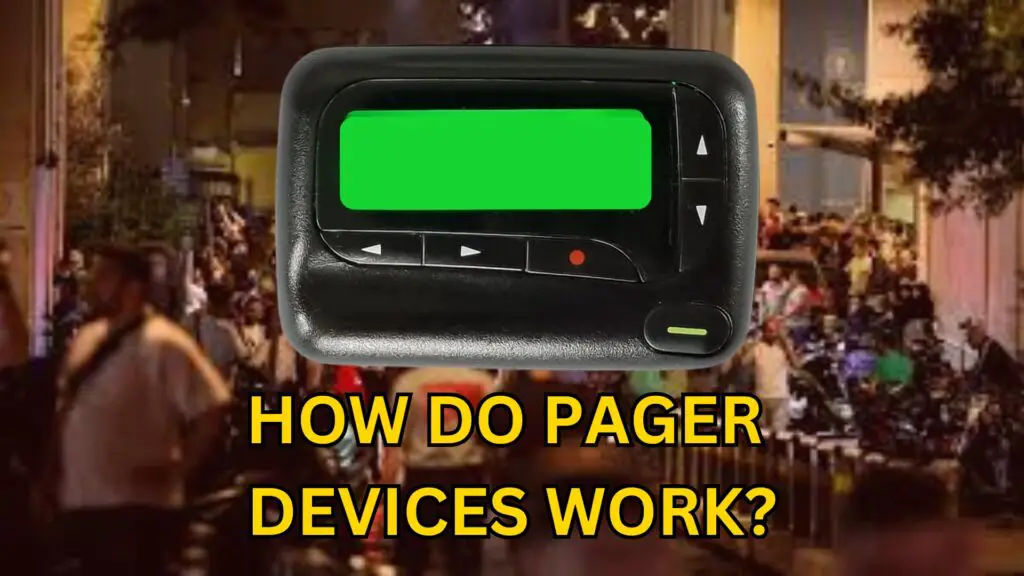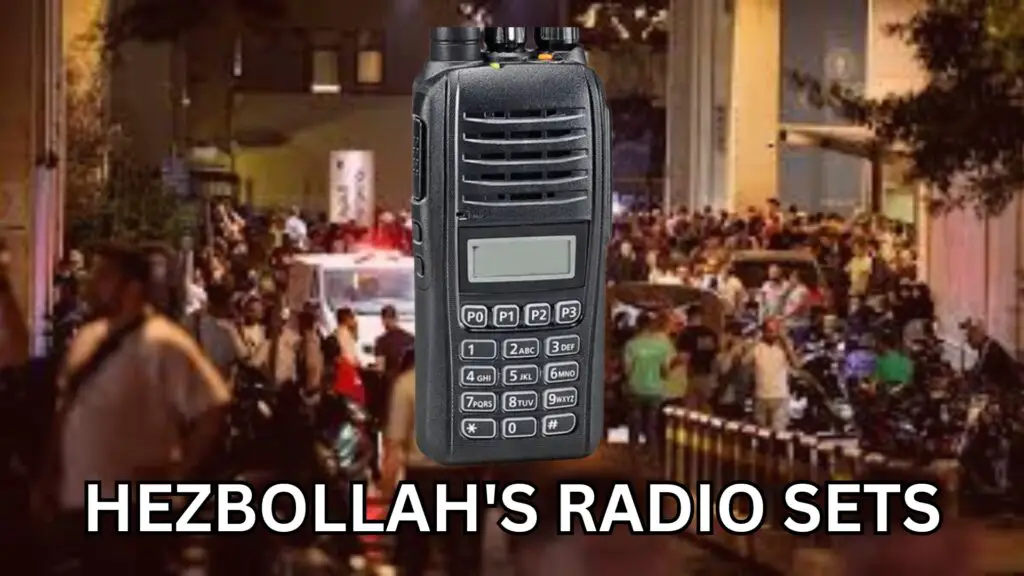Introduction
The entire world was shocked on 17th of September, 2024 when multiple communication devices called Pagers Blast in the hands and pockets of several Hezbollah members in Lebanon. Lebanon pagers incident is one of the biggest cyber-attacks in recent times and highlighted Israel’s capabilities to effectively influence all domains of warfare. Pagers are considered secured devices for encrypted long range communications and they are largely used by hospitals at places where network signals are difficult to reach and communications is important to complete time sensitive tasks. Lebanon pagers attacks raises serious concerns about the modern technological tools and their overreaching role in national security ambit of a country therefore highlighting the disruptive effects of technology.
Table of Contents
ToggleHow Do Pager Devices Work?
Pager devices work on a wireless channel that does not need SIM card or the mobile network. They use text messages through radio signals however, pagers can be of different types ranging from 1 way communication to 2 way communication and their capability can be tailored as per user requirement. With the advent of high-speed internet and smart phones pagers became obsolete however it is still being used in few hospitals, security agencies and few non-state actors. Hezbollah has been employing these basic and safe gadgets because of security purposes owing to smart phones being prone to hacking by Israel’s security contingencies.
As per national security experts this type of attack requires high level of professionalism and excellent homework and their must be an insider with in the ranks of Hezbollah who have helped Israel to accomplish this intricate task.
The First Blast: September 17, 2024
On September 17, 2024, around 3:30 PM, the entire nation of Lebanon was shocked when pager devices began to explode simultaneously. At that time few Hezbollah members were inside their homes and some were shopping in the local markets. Initial pager blasts left 12 victims dead and over 300 injured. These explosions left shocking psychological effects in the ranks and files of Hezbollah and their supporters. Hezbollah quickly accused Mossad for this attack and wowed for retaliatory action.
Next day, September 18, 2024, the handheld radio sets of Hezbollah, which they use to communicate within themselves, exploded. During this attack, more than 3,000 devices were impacted.
Further probe further showed that the pager devices in the market are produced by Gold Apollo, a Taiwanese firm. Nonetheless, Gold Apollo dismissed its allegations about the manufacturing of the devices. Rather, they claimed to have sold the rights to the use of their brand name to a Hungarian firm named BAC for this particular model, and delivered these pagers to Hezbollah in the first quarter of 2024.
The Explosive Plan
Most analysts opine that the real explosives, weighing approximately between 8-10 grams, were inserted into the pagers at the time of assembling them, and that these were blown up by a tiny electronic circuit. This chip would only start working as soon as the right code flagged the pager network. Since Hezbollah’s pager was a private network, this posed the rather upsetting question–who initiated the code?
There are three possibilities:
- Internal Sabotage: The code was obtained by someone within their ranks, this is Hezbollah.
- Hacking: Hezbollah might have been hacked at their own private radio frequency by Mossad.
- Hidden Connection: The pagers may have had concealed mobile network links that were manipulated to cause the blast.
The Bigger Picture
The blast in Lebanon has sparked a global debate. If something as simple as a pager can be weaponized, what about our mobile phones? Hezbollah’s pagers and radio sets were believed to be safe, but this attack has introduced a new kind of warfare, one that involves hacking communication devices and turning them into lethal weapons.
This isn’t the first time Mossad has been accused of such covert operations. From 2007 operation that targeted Syria’s air defense systems to 2010 Stuxnet computer worm, aimed at Iran’s nuclear program, Israel’s intelligence agency has a long history of conducting sophisticated, secretive missions.
Conclusion
The 2024 Lebanon pager blast marks a new chapter in the history of warfare, where communication devices can be turned into deadly tools. The attack has left everyone questioning whether any of our personal communication devices are truly safe. As global tensions rise, this incident serves as a grim reminder of how modern technology can be weaponized in unexpected ways.
What do you think about this incident? Share your thoughts in the comments section below.




